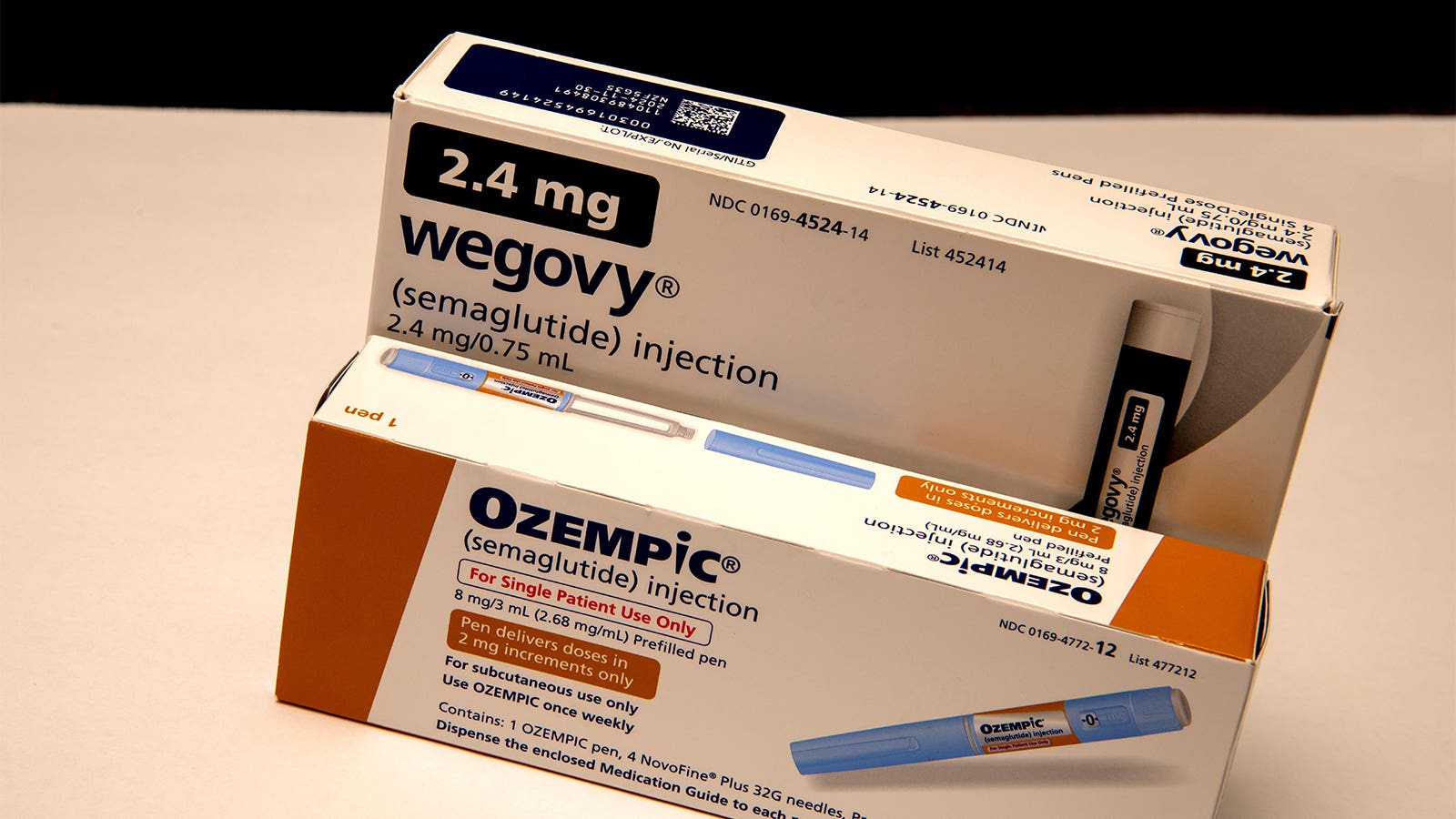New Findings on Psoriatic Arthritis Impact on Heart Health
Psoriatic Arthritis and Heart Health: What You Need to Know
Psoriatic arthritis (PsA) is more than just a skin condition; it’s a complex disease that intertwines joint health and skin flare-ups. Recently, new findings have emerged showing that psoriatic arthritis might also have profound implications for heart health. In this article, we’ll dive into the connection between PsA and cardiovascular risks, detailing what it means for those living with the disease.
What is Psoriatic Arthritis?
To put it simply, psoriatic arthritis is an autoimmune disorder that primarily affects the skin and joints. If you have psoriasis, you might already be at risk for exhibiting symptoms of psoriatic arthritis. Picture your body as a well-oiled machine, but when you have PsA, it’s like a few gears are getting rusty. This can result in inflammation, stiffness, and pain that poses challenges in daily life.
Symptoms of Psoriatic Arthritis
Symptoms vary widely among individuals but might include:
- Joint pain: Think of it as a sneaky, unwelcome visitor that never really leaves.
- Stiffness: Particularly in the morning after waking up or after a period of rest.
- Swelling and redness: Your joints may feel swollen to the touch or look inflamed.
- Fatigue: Feeling unusually tired can often accompany this condition.
The stealthy progression of psoriatic arthritis can sometimes make diagnosis a head-scratcher. Regular check-ups, open conversations with your healthcare provider, and understanding your unique symptoms are crucial.
The Heart-Health Connection
Most people think of psoriasis as just that pesky red rash on the skin, but it’s essential to understand that this autoimmune condition sends ripples throughout your entire body—not just on the surface. Recent research has provided startling insights into the connection between psoriatic arthritis and heart health.
Inflammation and Cardiovascular Disease
Many experts point to the inflammatory nature of psoriatic arthritis as a major culprit in potentially worsening heart health. Just as a storm can whip up waves in the sea, inflammation in the body can spark various heart-related problems.
The Impact of Inflammation
- Blood Vessel Damage: Chronic inflammation can damage the lining of blood vessels, making them less effective at regulating blood flow. It’s almost like putting a kink in a garden hose—what once flowed smoothly can become constricted.
- Increased Cholesterol Levels: Inflammation can also push up your bad cholesterol levels (LDL) while potentially lowering the good cholesterol (HDL), leading to plaque buildup in arteries.
New Research Findings
Recent studies have suggested that individuals with psoriatic arthritis are at a higher risk for cardiovascular issues compared to the general population. Some findings you might want to bear in mind include:
- Higher Incidence of Heart Disease: Individuals with PsA are at a significantly increased risk of heart diseases like coronary artery disease and heart attacks.
- Metabolic Syndrome Link: Many PsA patients also suffer from metabolic syndrome—a cluster of conditions that raise the risk for heart disease.
Lifestyle Changes for Better Heart Health
If you’re living with psoriatic arthritis, the good news is there are actionable steps you can take to improve your overall heart health. It’s like tuning up your car for better performance; small changes can lead to significant benefits.
Eat Heart-Healthy Foods
Nutrition plays a pivotal role in both managing inflammation and safeguarding your heart. Here’s a mini-guide on what to munch:
- Fruits and vegetables: Think bright colors—these are packed with antioxidants!
- Whole grains: Opt for oats, quinoa, and brown rice. They’re heart-healthy superstars.
- Healthy fats: Embrace foods rich in Omega-3s like salmon, walnuts, and flaxseeds.
Stay Active
Exercise might feel like a daunting task, especially with joint pain. However, think of it like watering a plant—just a little care goes a long way!
- Low-impact activities: Swimming or cycling can be great options if traditional workouts aren’t your cup of tea.
- Aim for consistency: Even small bouts of physical activity can make a big difference over time.
Stress Management
Life can throw a lot of curveballs, and stress can ramp up inflammation. Consider adopting practices like:
- Meditation: Even just a few minutes daily can significantly lower stress levels.
- Yoga: This offers a two-for-one benefit—improving flexibility and reducing tension.
Quit Smoking
If you smoke, kicking the habit is one of the greatest gifts you can give your heart. Smoking worsens inflammation and thickens blood vessels, leading to an increased risk of heart disease.
Regular Check-ups and Screening
Early detection is crucial when it comes to health risks associated with psoriatic arthritis. Make sure to have regular check-ups, particularly focusing on:
- 🩺 Cholesterol levels
- 🩺 Blood pressure
- 🩺 Blood sugar levels
Open dialogue with your healthcare provider will also help in establishing a tailored action plan, focusing on both arthritis management and heart health.
Conclusion
Understanding the interplay between psoriatic arthritis and heart health is crucial for anyone living with this condition. While there’s no magic bullet for eliminating risks associated with PsA, lifestyle adjustments, regular check-ups, and a proactive approach can help pave the way toward better heart health. Remember, your body is a complex web of systems that works best when every part is in balance. So, whether through nutrition, exercise, or stress management, every small step counts!
FAQs
Q1: Can psoriatic arthritis lead to heart disease even in those without other health conditions?
Yes, psoriatic arthritis independently increases the risk of heart disease, highlighting the importance of regular cardiovascular monitoring.
Q2: What kinds of foods should I avoid if I have psoriatic arthritis?
Try to limit your intake of processed foods, sugars, and trans fats, as they may aggravate inflammation.
Q3: How do I know if I’m at risk for heart disease due to psoriatic arthritis?
Regular check-ups and screenings for cholesterol, blood pressure, and blood sugar levels are crucial in determining your risks.
Q4: Is exercise safe for those with psoriatic arthritis?
Yes! Low-impact activities are encouraged, but always consult your healthcare provider for a tailored exercise plan.
Q5: What can I do to manage stress related to my condition?
Practices such as mindfulness meditation, yoga, and even simple breathing exercises can be effective stress management tools.







